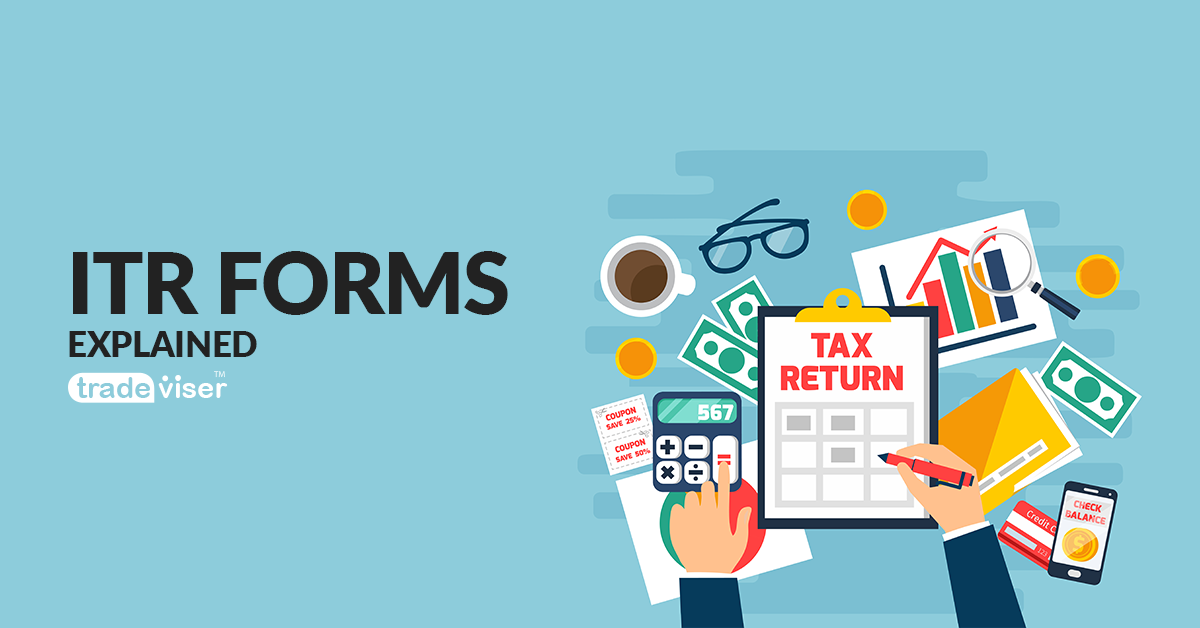
Income Tax Compliances
Starting at INR 499 onwards
Income Tax
Any citizen, be it resident or not, who earns or gets an income in India is subject to income tax. The Government of India has levied the tax on the income of a person as per the provisions contained in the Income Tax Act 1961. The income earned during the year from 1st April to 31st March is subjected to Income Tax. Income Tax Return (ITR) is a proof of the citizen’s tax payment. It contains details about your annual income and the amount of tax you have paid. Any Indian Citizen whose income comes under the tax bracket is required to file Income Tax Returns (ITR). Filing an Income Tax Return (ITR) helps you to claim the refund for the excess of the amount paid as Income Tax by the Income Taxpayer. Failing to file Income Tax Return (ITR) leads to a heavy penalty and face legal consequences.
How Can You Save Tax in 2019

Standard Deduction
(On Salary)
Maximum Claimable Deduction
40,000 INR
Eligibility Criteria:
Having Income from Salary
Section 80C Series
(80C, 80CCC, 80CCD)
Maximum Claimable Deduction
1,50,000 INR
Eligibility Criteria:
Amount spent during the financial year


Medical Insurance
(Section 80D)
Maximum Claimable Deduction
1,00,000 INR
Eligibility Criteria:
Amount spent during the previous year
This section allows any payment towards medical insurance of the assesse, the wife or husband, child or parents of such assesse.
Interest On Education Loan
(Section 80E)
Maximum Claimable Deduction
No Limit
Eligibility Criteria:
Amount spent during the previous year
This section allows any interest paid towards an education loan(Only Loans From Banks/Financial Institutes are eligible) of the assesse, the wife or husband, child of the person of whom the assesse is a legal guardian as a deduction while computing your tax liability.


Payment of Rent in case of No HRA
(Section 80GG)
Maximum Claimable Deduction
No Limit
Eligibility Criteria:
Amount spent during the previous year
Deduction On House Property
(Section 24)
Maximum Claimable Deduction
30% of NAV
Eligibility Criteria:
Such property is let out or deemed to be let out and is not a self-occupied property nor used for Business and Profession


Various Donations
(80G,80GGA,80GGC)
Maximum Claimable Deduction
No Limit
Max INR 2000 if made in cash
Eligibility Criteria:
Amount Spent During the Previous year
Interest On Savings Ac
(80TTA)
Maximum Claimable Deduction
INR 10,000
Eligibility Criteria:
Earned/Accrued During the year

Confused about something ?
Drop your details and we will call you back
CHECK OUT OUR QUICK PLANS








